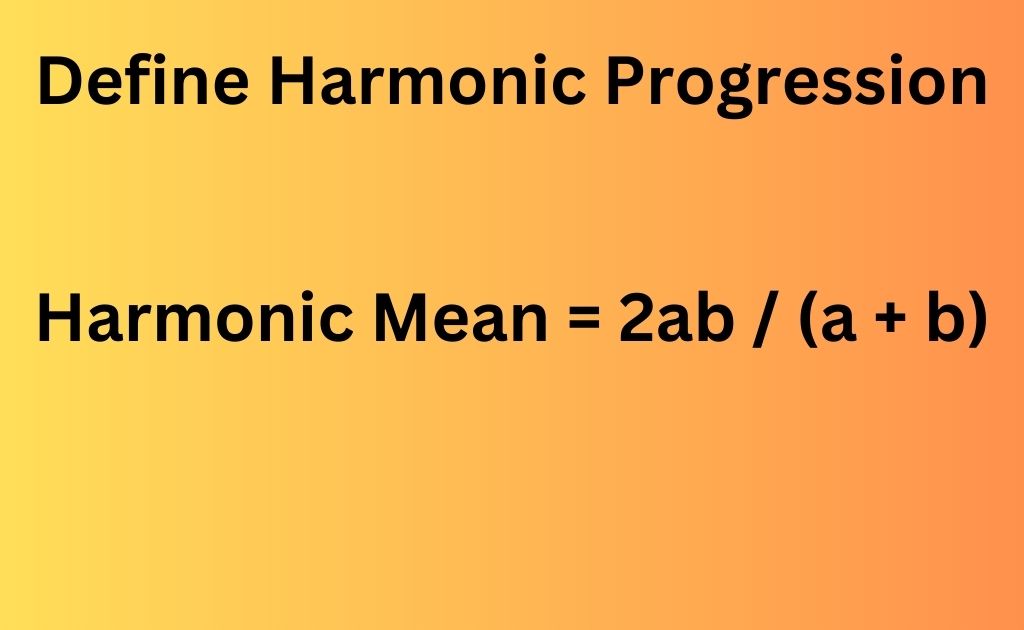What is Series in Math?
In mathematics, a series is a sum of the terms in a sequence. It is written as the sum of the terms in a sequence, separated by a plus sign (+). A series can be finite, meaning it has a limited number of terms, or infinite, meaning it has an unending number of terms.
Define the Series
In mathematics, a series is a sum of the terms in a sequence. Another definition of a series is a mathematical expression that represents the sum of the terms in a sequence.
There are two basic types of Series.
- Finite Series
- Infinite Series
Define a Finite Series
A finite series is a series that has a limited number of terms, and its sum can be calculated by adding up all the terms in the series.
For example,
The following is a finite series with 4 terms:
1 + 2 + 3 + 4 = 10
Define an Infinite Series
An infinite series is a series that has an infinite number of terms, and its sum may or may not converge to a finite value.
For example
The following is an infinite series:
1 + 1/2 + 1/4 + 1/8 + …
Define the formula sum of the nth term of the Arithmetic series
The sum of the nth term of an arithmetic series can be defined using the following formula:
Sn = n/2 [2a + (n-1)d]
Where Sn represents the sum of the first n terms of the arithmetic series, a represents the first term of the series, d represents the common difference between the terms, and n represents the number of terms in the series.
This formula can be derived by considering that the sum of the first n terms of an arithmetic series can be expressed as the sum of the first term (a) and the last term (L), multiplied by the number of terms (n) and divided by 2:
Sn = n/2 (a + L)
Since the last term of an arithmetic series can be expressed as L = a + (n-1)d, we can substitute this expression into the above equation and simplify it to obtain the formula shown above.
Derive the formula sum of the nth term of the Arithmetic series
To derive the formula for the sum of the nth term of an arithmetic series, we start by considering the sum of the first n terms of the series:
Sn = a1 + (a1 + d) + (a1 + 2d) + … + (a1 + (n-1)d)
Where a1 is the first term of the series and d is the common difference between the terms.
To simplify this expression, we can add the first and last terms, then the second and second-to-last terms, and so on, until we have paired up all n terms. Each pair will have a sum of (a1 + (n-1)d), so we have:
Sn = (a1 + (a1 + (n-1)d)) + ((a1 + d) + (a1 + (n-2)d)) + … + ((a1 + (n-1)d) + a1)
Sn = n(a1 + (a1 + (n-1)d)) / 2
Simplifying further, we have:
Sn = n/2 (2a_1 + (n-1)d)
This is the formula for the sum of the first n terms of an arithmetic series.

 written by
written by 




Leave a Reply